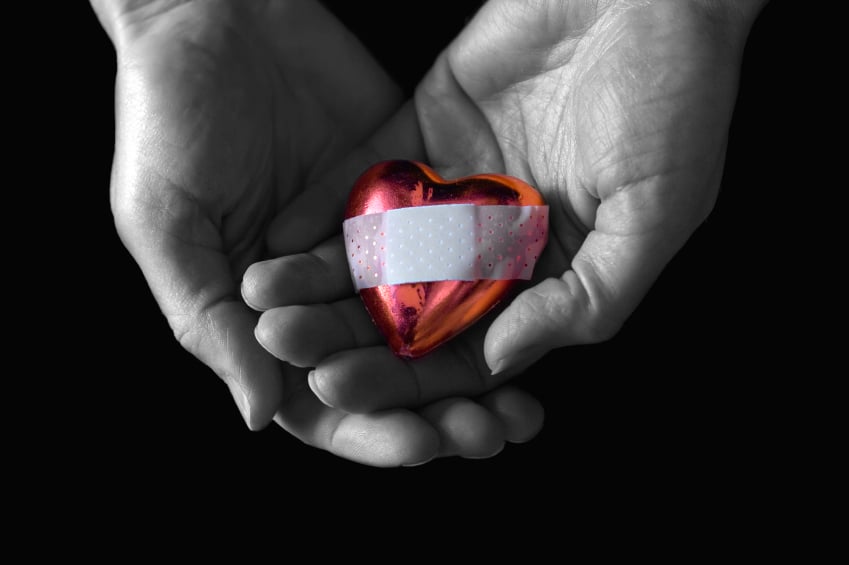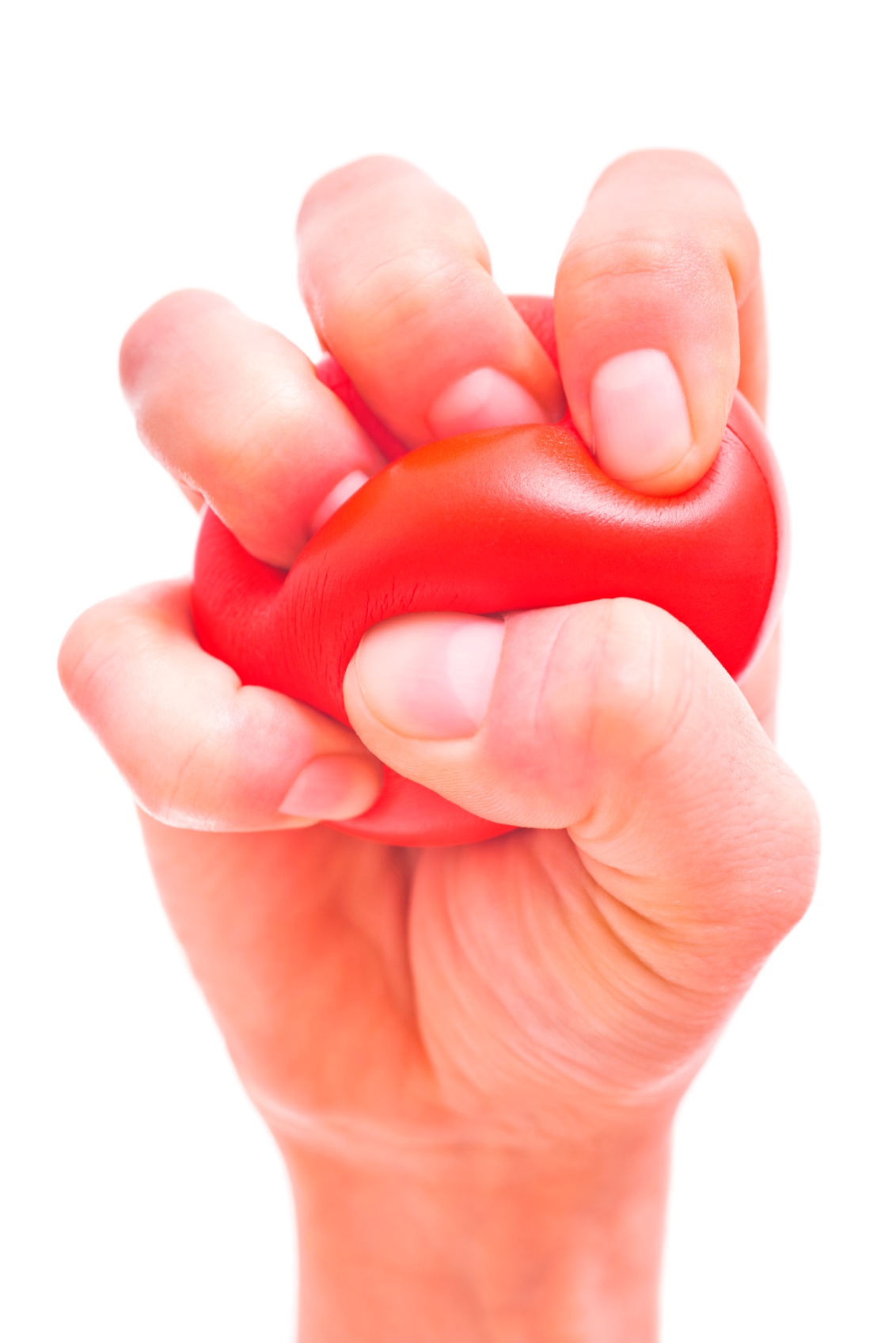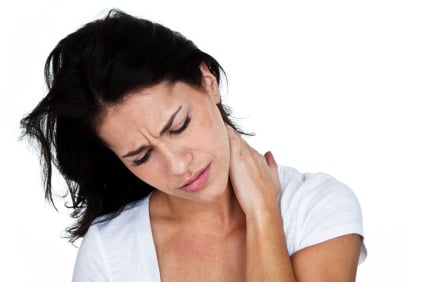How often have you stopped yourself from doing the things that allow you to fully live life and become healthier?
“I’m too busy", "I don’t want to spend the money", “there are more important things", "I’ll do it tomorrow”.
Sound familiar? Sometimes, these thoughts get embedded into our minds and create an automatic response to everyday events. This can then affect our observations and experiences in life, both good and bad.
Integrative Health Blog
Tags: stress, Dr. Coy Roskosky
Mindfulness Meditation
Several months ago, we began the weekly Mindfulness and Healing Groups since I noticed a definite uptick in mood disorders in my patients ever since the COVID problem. The success of and support for the Mindfulness and Healing Groups is inspiring, and I want to thank all participants. The medical literature suggests that a marked increase in the prescribing of psychotropic drugs and an apparent increase in substance abuse and alcoholism has happened since COVID.
The modulation of all of these problems is greatly improved by mindfulness practice. You don’t have to isolate yourself and wonder what to do – please come to the groups and see for yourself what Mindfulness can do for you.
A Mindfulness Practice Can Help with Many Issues
Read MoreTags: depression, stress
Just hearing the word “heart” conjures up different meanings for different people- some think of romantic love, others think of having a generous heart, and some are reminded that a healthy heart prevents disease.
A heart attack is the furthest thing from most of our minds. They usually happen to Type A personalities, the go-getters, the workaholics or the middle aged, overweight person who doesn't eat healthy foods, doesn't exercise and maybe even smokes. It remains however, the dreaded event for all of us and sadly, some people don’t survive.
I did. I had a heart attack three months ago.
Read MoreTags: heart disease, stress, womens health
This is a popular question and can be approached from many directions. I believe the approach must be developed by you and your practitioner as a collaborative effort. Too often, treatment is based on a pathological or psychological diagnosis. While stress can come from many areas, my style of wellness coaching does not look at the cause of the stress as much as it does the imbalance left in the wake of a stressful event.
I believe that stress is unavoidable. You are exposed daily to Eustress (positive stress that makes us want to continue doing something) and Distress (things that cause us pain or suffering and make us want to stop doing things). Both have marked and measurable physiological and psychological effects.
Eustress is in short supply in most people’s lives.
Read MoreTags: stress, emotional wellbeing
If you’ve ever experienced stress affecting how you feel physically, whether through feeling nervous and physically jittery, feeling anxious and physically tense, or feeling exhausted and foggy-minded, you may have wondered how all of that stress affects your health in the long-term.
Scientists have repeatedly found that stress affects our physical well-being. More recently, however, scientists have also found that stress and trauma can cause epigenetic changes, or switching on and off of genes that regulate body functions such as stress responses.
The impact of stress can be passed to future generations
Beyond even these alarming individual epigenetic changes, scientists have also begun to find that epigenetic changes due to stress and trauma can also be passed down to offspring. In a study of Holocaust survivors and their children, Rachel Yehuda and a team of researchers at Mount Sinai Hospital in New York discovered just such a phenomenon.
Read MoreTags: methylation, stress, massage
Stress appears to be endemic in our lives, perhaps even more so in urban areas (yes, I just attempted to ride the metro this morning, and it took three times as long as usual!)
Stress negatively impacts our health because it constantly activates the adrenal glands and their fight-flight-freeze-or fold response to external events.
Physical Effects of Stress
Further, stress activates our sympathetic nervous system, which keeps our bodies in a chemical and nervous system state of high alert. This is fine for short sprints away from potential predators, or a climb up a steep cliff, but creates problems for our bodies when we do not allow them to calm down again and remain calm and relaxed for several hours at a time.
Read MoreTags: energy therapies, stress
During the holidays, we often feel pulled between our desire to be there for and with others, and our desire to rest and renew ourselves.
Here are some practices which can help you do both:
1. Gratitude.
Practicing gratitude during the holidays is more important than ever, because of the stress of trying to get everything done for everybody. If we stop and think about it, though, what we are actually trying to express through our actions is love and appreciation for the people in our lives.
So, why not take time before we begin our day to think of all the people who will be part of our day and our holidays, by spending a moment feeling grateful for them, even if what they bring us are challenges that help us to grow. By taking a few moments to acknowledge several things for which we are grateful, and for why we appreciate the people in our lives, we can shift our own energy to a positive state of being, and we can take that positivity into our day and share it.
2. Breathing.
Before we get ourselves busy in the morning, it is good to breathe deeply, allowing ourselves fully to oxygenate ourselves, clear our sinuses, and feel energized for our day. Throughout the day, when we feel tense or tired, deep breathing, especially coupled with gratitude, can release tension, increase our positive energy, and relax us.
3. Mindfulness.
While deep breathing, it helps if we notice where the tension may be found in our bodies, and allow it to release. We may take time to notice what our bodies need, and honor our bodies. We may notice our own attitudes, and realize that we can choose a new, more positive attitude if we need to. We may notice our feelings, and what we would like to receive for ourselves. We may notice what others actually need from us, and realize that our highest consciousness truly does seek to be there for others, even if we don't feel like it in this moment.
Tags: mindfulness, stress
Autumn Frandsen N.D.
Almost daily a patient rattles off a list of complaints with anxiety being included 90 percent of the time. Often, it is dismissed by the patient and his or her former doctors as a personality trait, a problem that has been with the patient for so long they have adopted it as part of who they are. For some, anxiety is a new phenomenon that hits them suddenly like a Mack truck.
What Contributes to Anxiety
When I question the patient about when it began there is almost always a trigger, however insidious it may be. Some may have experienced it for the first time when a challenging milestone is reached, such as entering high school or college. For some it crept up on them after moving into a new home or the birth of their children. Although all of these have different precipitating factors, they may not be handled drastically differently. For the women who slowly started to feel worse after the birth of a child they may notice that can no longer find time to exercise, or they are not eating as well as they used to. With the stress of pregnancy and birthing a woman’s body, i.e. the adrenals, may not be able to cope with the consumption of allergenic foods like they once did. Whatever the exact cause one thing is certain, exercise and an anti-inflammatory/elimination diet will undoubtedly help.
Autumn Frandsen N.D.
Yes, for most people they do.
If they don't get you with all of the sugary desserts, exposure to the germs of your friends and family, and the cold weather, they'll get you with the stress of planning and traveling!
Not to mention the financial stress many people face at this time of year. While the promise of a new year offers some people hope and inspiration, it offers some an excuse to drink too much, a reason to feel lonely and a pass for gluttony.
No, the Grinch is not writing this article- but I offer some advice on how to make this year's festivities come without consequence.
Tags: naturopathy, stress
When a new patient comes into my office for their initial visit, I ask them everything under the sun so I can get a good handle on how their lifestyle impacts their health.
One of the most important questions I ask is, “What is your stress level”?
Most of the patients either say that they have a stressful job, a stressful relationship, or no more stress than usual. The latter generally sends up a red flag for me. If a patient is so used to dealing with stress that they refuse to acknowledge a tough situation, chances are their body is constantly in sympathetic overdrive. While it is often considered a valuable skill to be able to multitask and “keep your cool”, it can often lead to health problems down the road.
Emotional stress, mental stress, and physical stress all negatively impact the body’s ability to function properly and to heal. Physical stresses include poor diet, structural misalignment, inactivity, over activity, alcohol and drug use, pollution, and many other things. Emotional stressors can be both present and past events, interactions, and abuse. Mental stress is generally easier to pinpoint, whether it is job related, family related or traffic related, etc.
Any type of stress can lead to physical problems and preexisting physical stress can cause an avalanche of other physical, mental, and emotional symptoms. Below are some examples of what can occur, which is the reason I want to look at the "whole person" for a thorough assessment.
Physical Problems Related to Stress
Tags: depression, stress
.png?width=305&height=132&name=NIHAlogoBLUE_3_transparent%20(2).png)








